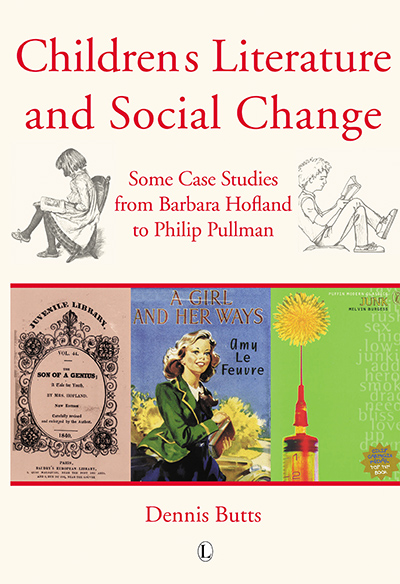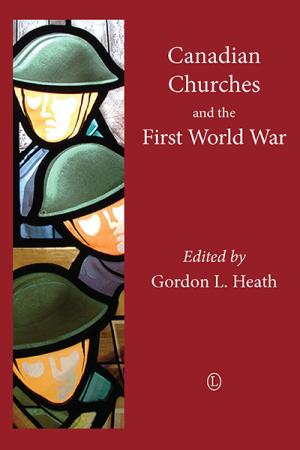Description
While there are many books about children’s literature, few discuss it within its social context or investigate the ways writers reflect or react to change in society. Dennis Butts explores how shifting attitudes and historical upheavals from the 1840s onwards affected and continue to affect books written for younger audiences. Spanning the period of the industrial revolution to the sexual revolution, this book reveals the impact that these external events have had on writers as diverse as moral storyteller Barbara Hofland and the controversial Melvin Burgess.
G.A. Henty, Robert Louis Stevenson and Philip Pullman are included in the discussion, as Butts identifies commonalities between books of the past and present, arguing that trends shown in most of the early children’s literature are being displayed again now, albeit in a more subtle manner.
This book will appeal to undergraduate students attending complementary courses in children’s literature during their degree in English Literature or Cultural Studies. It will also be of use to postgraduate research students working in the field of Children’s Literature.
About the Author
Dennis Butts, a former Chairman of The Children’s Books History Society, taught children’s literature at Reading University. He has a lifelong interest in the relationship between politics, society and literature, and has written on many aspects of children’s books and nineteenth-century literature. He co-edited From the Dairyman’s Daughter to Worrals of the WAAF, also published by The Lutterworth Press.
Contents
Introduction
1. Barbara Hofl: The Moral Tale and the Industrial Revolution
2. How Children’s Literature Changed in the 1840s
3. Muscular Christianity and the Adventure Story
4. Conflicting Loyalties: Ideology and Form in the Tales of G.A. Henty
5. Rider Haggard and the Pattern of Defeat
6. Some Questions about Kidnapped: Stevenson and the Act of Union
7. The Railway Children and the Strange Death of Liberal England
8. From Evangelism to Feminism: The Works of Amy Le Feuvre
9. Imperialists of the Air: Flying Stories 1900-1950
10. The Retreatism of the 1930s: A Few Dissenters
11. Anarchy, Didacticism and Politics: The 1970s and the 1990s
12. The Historical Novels of Philip Pullman
Chapter Notes
Select Bibliography
Index
Endorsements and Reviews
[This work] puts Dennis in a great tradition inhabited by such people as Ferdinand de Saussure and Roland Barthes! … this is a fascinating and profound book which on many occasions breaks new ground and is one which will be a permanent fixture on the Birkbeck MA!
Michael Rosen, in The Newsletter of the Children’s Book History Society, No 10
Butts is surely one of the pioneers of the discipline, helping to establish its academic credibility in the UK, at least, and involved in establishing the first MA in the subject at the University of Reading. This particular volume draws on his strengths as a critic and gives his individual voice room to shine through. … this is a fine collection of interconnected essays. Butts’s range of reference is truly astounding – not only his first-hand knowledge of children’s book (including obscure works) and the associated secondary criticism, but also of social and cultural theory, and of history. As ever, Butts wears his knowledge lightly, leavening his criticism with delightful asides and unexpected links.
David Rudd, in Children’s Literature Association Quarterly, Vol 38, No 4
The writing is clear and jargon-free … and there are fresh insights into familiar texts such as Robert Louis Stevenson’s Kidnapped and E. Nesbit’s The Railway Children, while lesser-known writers like Amy Le Feuvre also got attention.
Norma Clarke, in The Times Literary Supplement, September 2010






